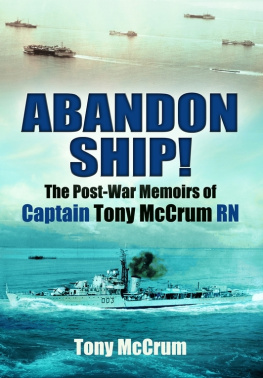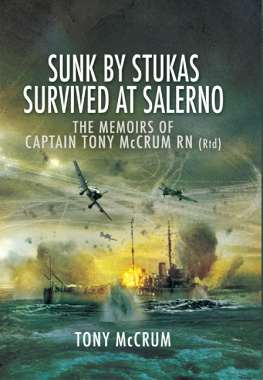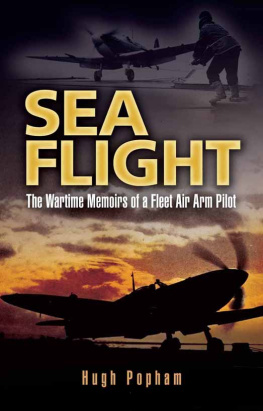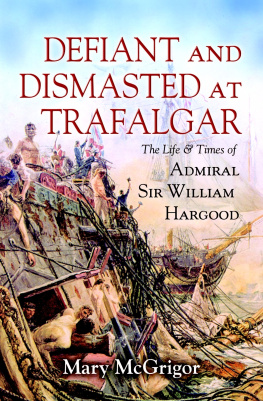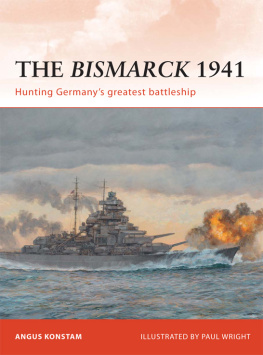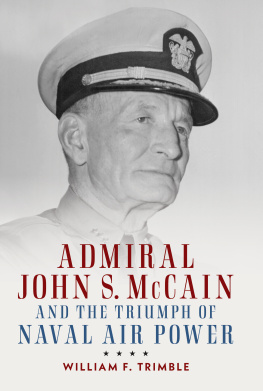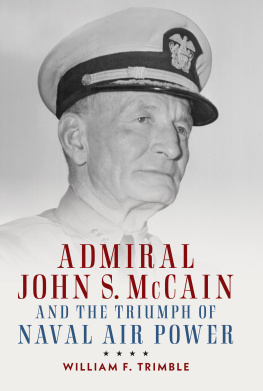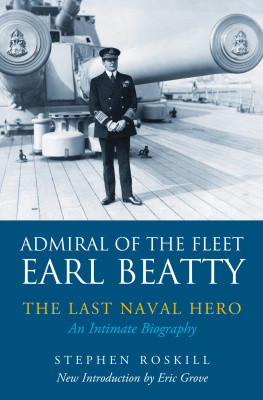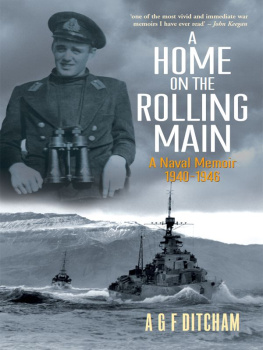Chapter 1
Homecoming
I m alive, Im alive, Im alive! The thought kept drumming into me again and again, not because of an escape from some dramatic accident, but because the end of the Second World War had suddenly and unexpectedly been announced on the radio. It was 15 August 1945. Fear of death and perils of war had vanished and I had survived.
On 6 and 9 August respectively, two atom bombs had destroyed the Japanese cities of Hiroshima and Nagasaki. Nuclear war had been launched and, on the 15th, the Emperor of Japan had ordered all of his forces to surrender to the nearest Allied commander. History had been made.
Now, in October, I was on my way home in HMS Tartar , a vessel of the 8th Destroyer Squadron, which had been part of the mighty British Eastern Fleet based in Trincomalee in Ceylon (now Sri Lanka), where we had been preparing for an incredibly tricky invasion of Malaya in the autumn. We were steaming happily homewards, longing to be reunited with our families. It was a glorious end to six years of bitter struggle. We were victorious, euphoric and relieved.
I, Lieutenant Tony McCrum, aged twenty-six, had been on board for the past year as the Staff Signal Officer to the Squadron Commander, Basil Jones, a genial, enjoyable boss who was a fine naval warrior with a great fighting record in the English Channel, where the squadron had sunk a number of German warships in 1944.
It was a strange feeling to be steaming along rather slowly because we now had to economise on fuel. We lacked the spice of ginger that kept us on high alert in wartime when we had raced along at 20 knots or more; the converse was that we had complete security.
The peace took some getting used to. Was it really all over?
Colombo, Aden, Port Said, Malta, Gibraltar and sight of the Cornish coast. At last, Tartar entered Plymouth Sound, one of the most beautiful harbours in Britain, a vast expanse of water framed by the Cornish cliffs and coves to the west and the stark Devon headland to the east, with the city of Plymouth stretching along its northern shore. Beyond the city, far off on the skyline, I could see the granite tors of Dartmoor near my home and they reminded me of glorious days of hillwalking in peacetime and the solitude of those wild moors.
It was late in the afternoon on a cheerless November day, but our families were waiting on the jetty and it could have been snowing a blizzard for all we cared. At last we were home.
At Devils Point, below which Plymouth Sound turns into the river Tamar, we were given a cheer from a welcoming crowd standing round the memorial to Captain Scott of Antarctic fame. There to welcome me was my mother and my brother, Michael, recently a sublieutenant in the Royal Naval Volunteer Reserve who had been flown home early from the British Pacific Fleet so that he could start the autumn term at Cambridge University. He had been a survivor of a double kamikaze suicide attack on his ship, the aircraft carrier HMS Victorious . The ship had been badly damaged but, fortunately, my brother, who was on the bridge at the time, was unscathed. We were a lucky family. Father, uncle, brother and self all serving in the Navy had survived the war without even a scratch.
Throughout the war my mother had looked after my youngest brother, now seventeen and a naval cadet, on her own, while her two older sons were at sea and writing home infrequently. She must have had many bleak moments worrying about us. The war was perhaps far harder for those left behind and always dreading the worst, whereas we had the adrenalin and excitement to keep us going. Since my fathers desertion of my mother and his three sons ten years earlier he had played no part in our upbringing and my mother had sole responsibility for looking after us. Also, for several years she looked after her sisters four children when my aunt was marooned in India. Somehow, through all those years of travail she managed to maintain a normal life for us and never showed her misery. She may not have been a successful career woman but she was a great lady.
Standing on the bridge as we wended our way across Plymouth Sound and up the river Tamar, many thoughts flashed through my mind. It was difficult to believe that this really was the end of the war and that we would not be sailing out again tomorrow to fight U-boats in the Atlantic. I had witnessed amazing acts of courage, such as that of Leading Seaman Macleod, a Hebridean fisherman in peacetime, who had continued firing his anti-aircraft Oerlikon gun as the water lapped at his feet in the sinking ship HMS Skipjack at Dunkirk. I had watched soldiers storming ashore in the face of heavy enemy fire at Salerno. I had served with men and women who discovered resources in themselves that they did not know they had and with people of all ranks who, faced with danger, found they were capable of performing extraordinary deeds of courage and endurance. Many discovered that they had an unexpected strength of character, which would give them a confidence that would last them a lifetime.
For those who had survived the war, whole in body and mind, it had been a galvanising experience, but not for those whose bodies or spirit were maimed, and there were many others who never came back. As we, the lucky ones, prepared to be reunited with our families, there were many whose memories were bleak.
After picking up our moorings in the Hamoaze, the families came off by boat and headed up the gangway for a very public reunion on deck: a peck on the cheek for my mother and a nodding smile for my brother. Terribly British. We drank to everlasting peace, and that was that.
Chapter 2
Sea Change
A fter the joy and excitement of homecoming there was a strange sense of emptiness. Life seemed flat and unemotional, and the end of the war unnatural. We had been fighting for so long that it had become an almost normal way of life and it was difficult to remember what peacetime was like. For six years we had lived on a precipice of terror mixed with excitement and exhilaration. When the terrors passed there was the intense relief of having survived and the euphoria that followed.
At sea, day had followed day, more often than not with no action or excitement, then an occasional spasm of fear, but so seldom and so brief that it left no scars. Gradually I had come to accept this rollercoaster life between boredom and excitement as normal. I suppose we had geared ourselves up to not thinking about the downside of war, the drowning, the maiming, the mental stress and illness. I didnt waste time worrying about such fears fears that I kept locked away in some deep cellar within my brain. Only very occasionally, during a particularly unpleasant episode, did these spectres rise up and assault ones morale, but they soon dissolved and life resumed its carefully balanced path.
Throughout the war I was dogged by the dread that I might reveal the germ of fear that nestled deep down within me and might expose me to cowardice. As a result of the terrible slaughter on the Western Front in the First World War I had always been bitterly opposed to war when I was growing up, but I had no doubts that our war was absolutely justified. I had been willing to make any sacrifice to defeat the terrible Nazi evil. Truly, it was a Just War, and somehow, I got through.
After the welcome home, most of us went on leave. For me it was an intense joy to see the granite tors standing proud on the hilltops of Dartmoor and the deep valleys, unchanged for thousands of years, reminding me of more lasting values. Belstone, our little moorland village above the valley of the river Taw, had been untouched by the war.

